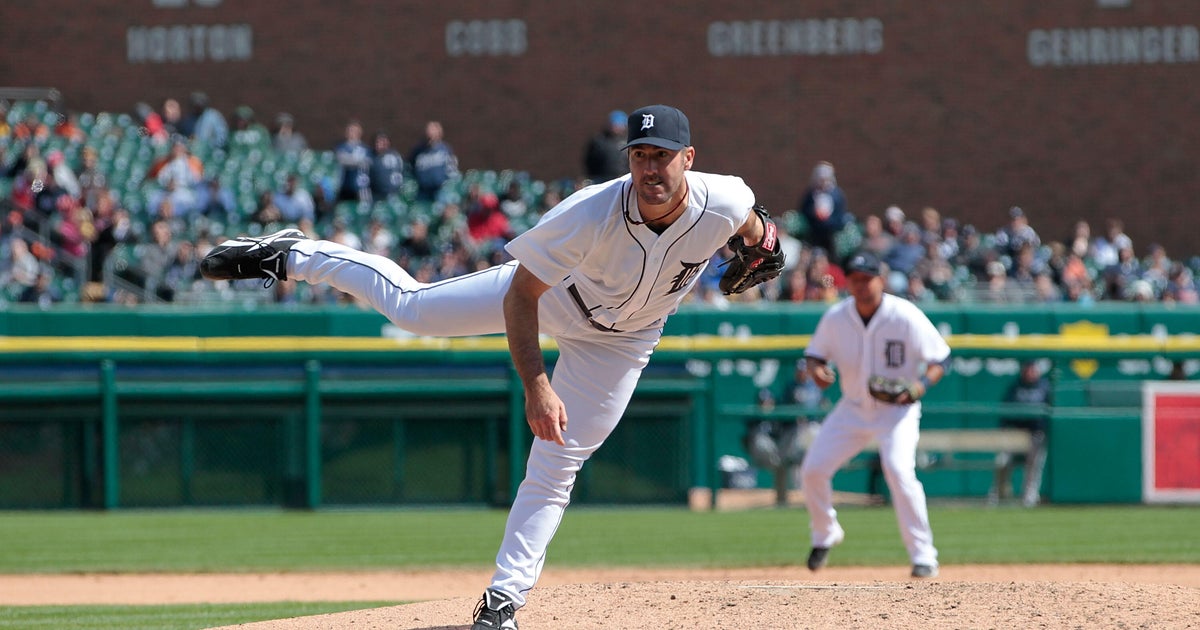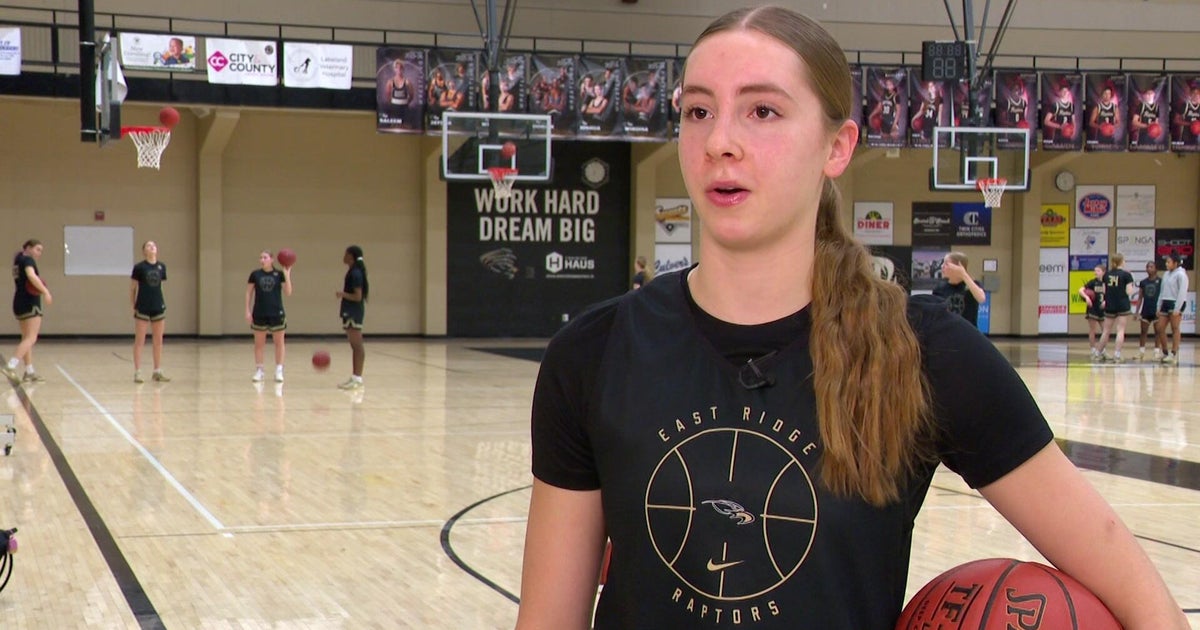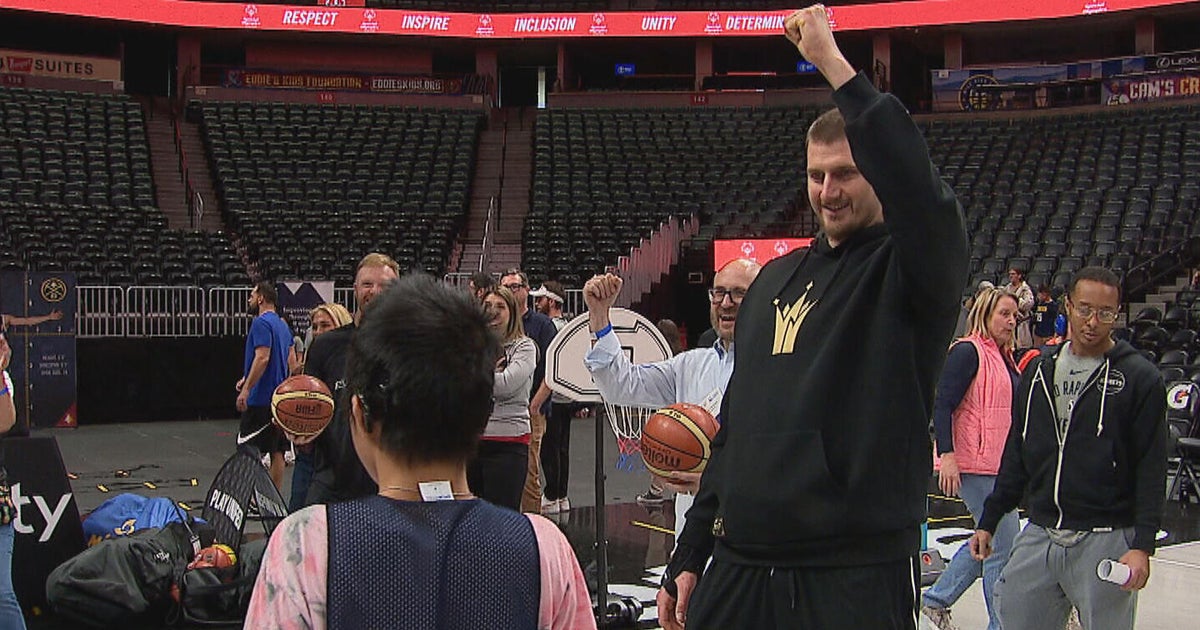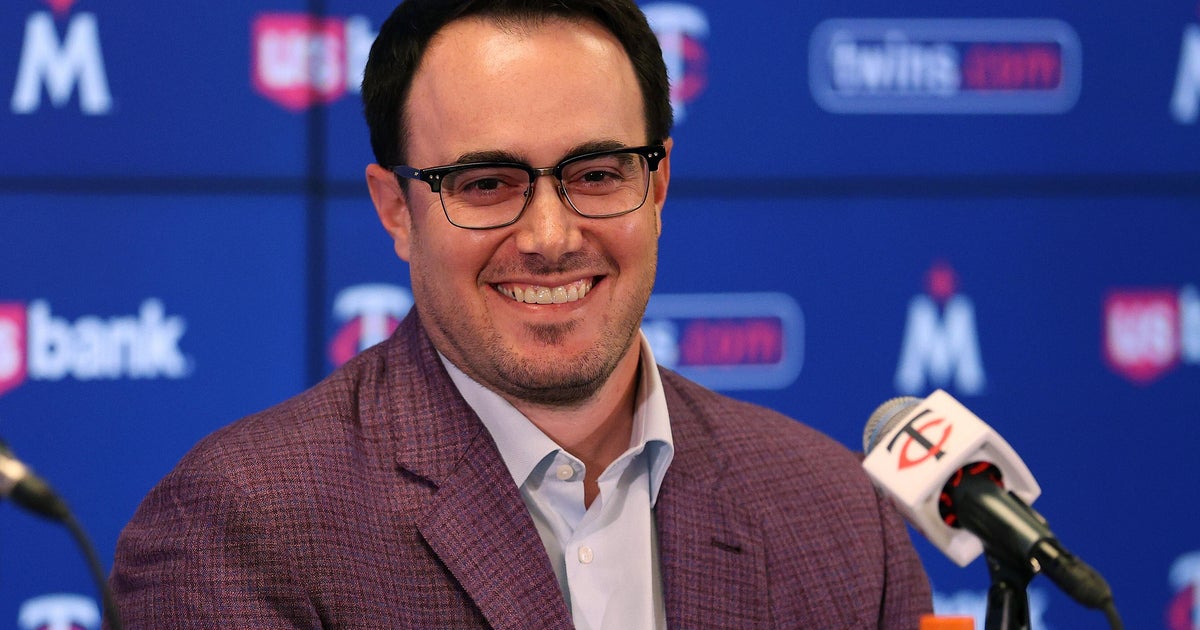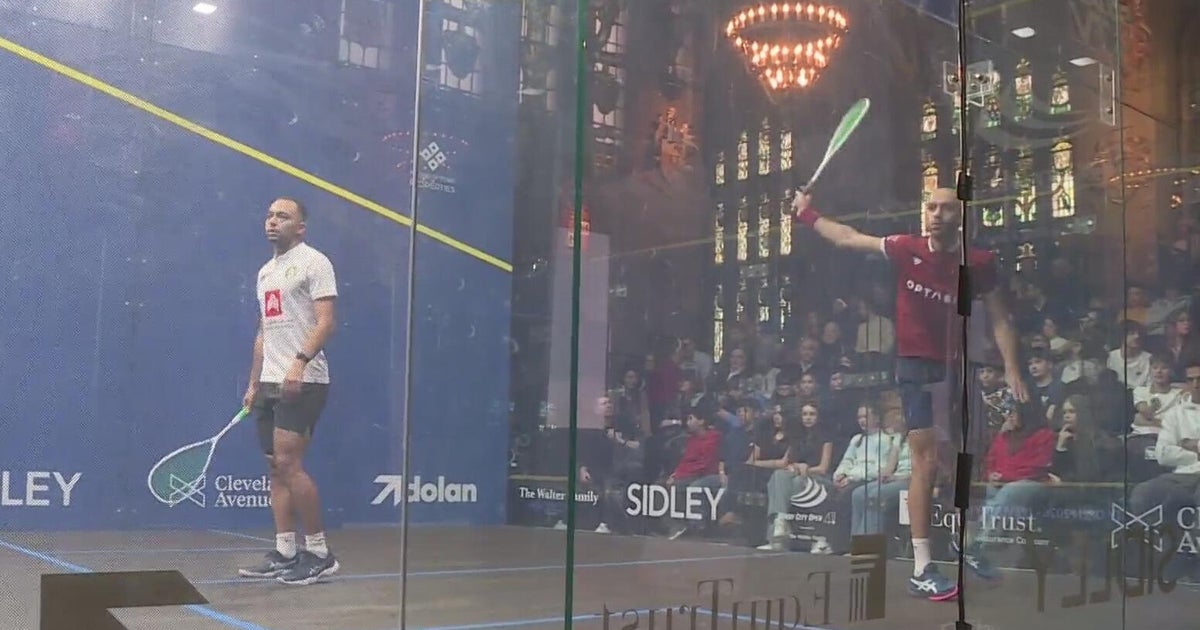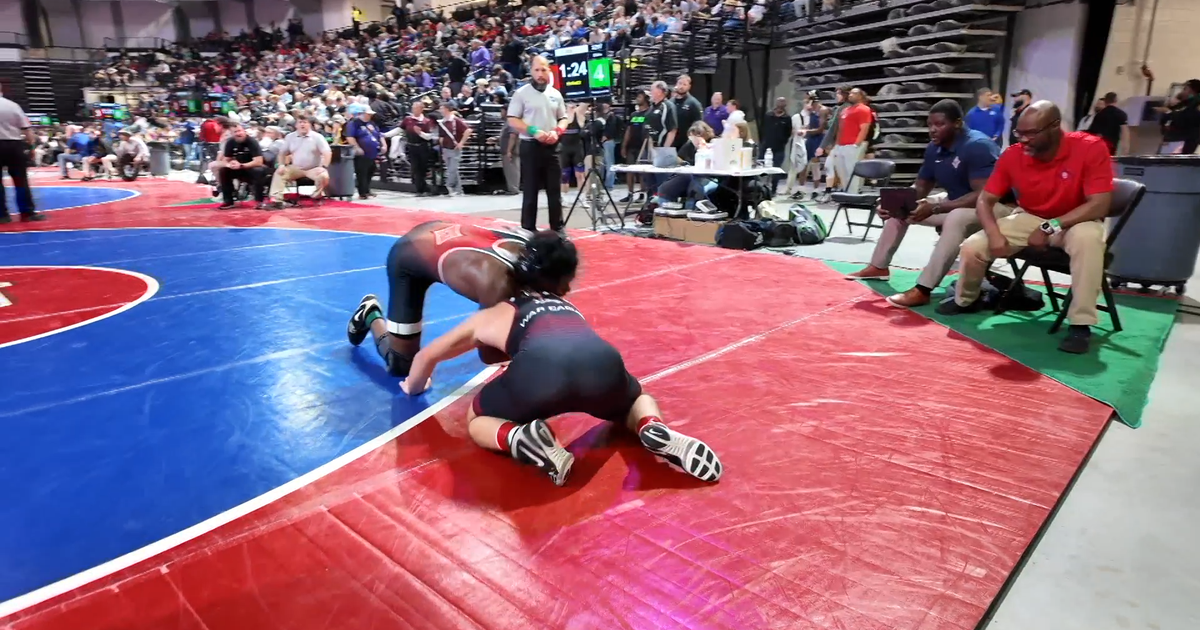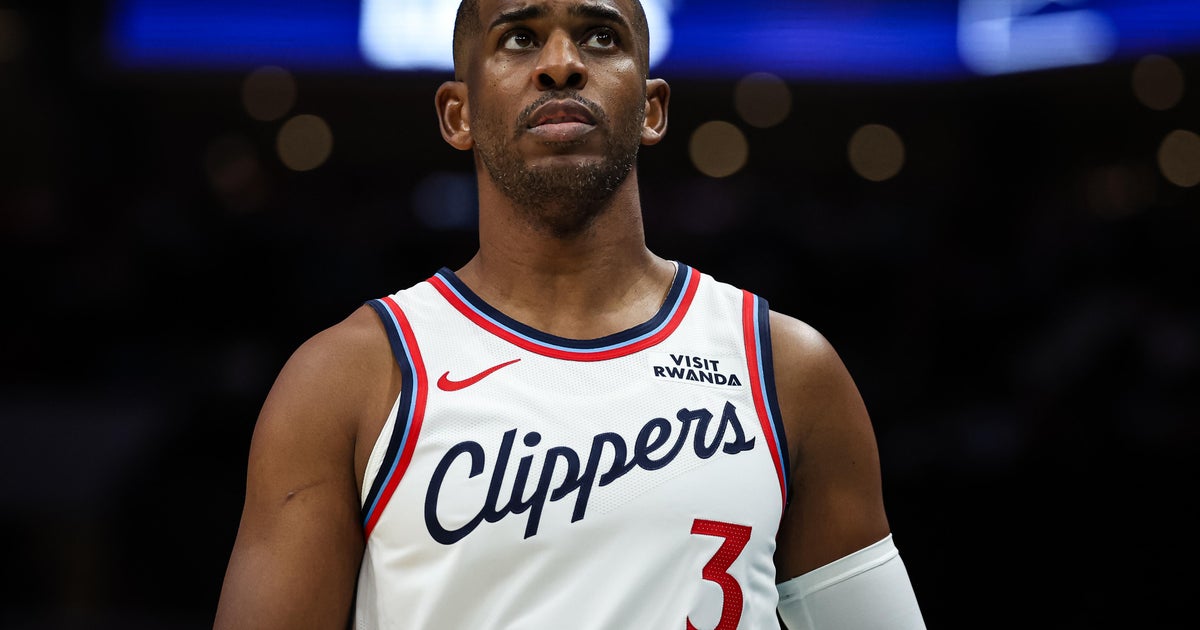A Familiar Course & A Familiar Major
BETHESDA, Md. (AP) -- Except for the massive grandstands and endless stream of shuttle buses, so much about Congressional looks somewhat similar to Hunter Mahan from the last time he was here.
Mahan closed with a 62 two years ago and finished one shot behind Tiger Woods.
That was in the AT&T National, a regular PGA Tour event situated on the calendar between two majors.
This is the U.S. Open.
The memories of the AT&T National were still fresh, however, after Mahan played a practice round upon arriving over the weekend. So when asked whether anyone could shoot a 62 this week — no one has done better than 63 at a U.S. Open, and the last time was eight years ago at rain-softened Olympia Fields — Mahan actually thought about it.
And then he thought some more.
"Yeah," he finally concluded. "At this point, it seems possible."
Left unclear was whether "at this point" referred to Monday, when it was the first full day of practice for the U.S. Open, when scores don't count and the greens are not quite as firm as they tend to be when the competition gets under way on Thursday.
But it was the overall look of Congressional, which is getting favorable reviews as a a stern but fair test. That's different from what Mahan has seen at other majors, such as Oakmont in 2007, his first U.S. Open as a pro. Mahan tied for 13th that week, despite never posting a round better than 2-over 72 all week.
"Some U.S. Opens you get to, there's no hope," he said. "But here, you've got three par 5s ... I think there's a lot of birdie holes. Now, you're going to have to play unbelievably. Usually, it's not possible at all. But you could see a really good round out here."
Three players in the 156-man field at the U.S. Open have won at Congressional. Only one of them knows what it takes to win a U.S. Open. That would be Ernie Els, who captured his second U.S. Open title in 1997 at Congressional.
When the AT&T National came to Congressional in 2007, K.J. Choi won over Steve Stricker. A year later, Anthony Kim closed with a 65 for a two-shot win over Fredrik Jacobson. Woods had rounds of 64-66-70-67 when he won in 2009. He won't get another crack at Congressional this year because he is not playing due to left leg injuries.
"The course definitely plays different than when I won in 2007," Choi said. "The tee shot ... when you're standing on the tee box, the holes played different. You have to attack differently. They've pulled it back 20, 30 yards on some of the holes, so you actually have to draw your shots, where in 2007, I could fade my shots."
Even so, the experience of winning has helped Choi feel like he knows his way around. He knows where he can miss, and where the big numbers are waiting if he misses in the wrong spot.
"I think the key point is whether you're able to hit your second shots and stop it on the green, stick it to the green, stick it to the pin within four or five yards," Choi said. "Once you're able to do that, I think you have a better advantage."
Among the favorites this week — because of the major, not the location — is Lee Westwood of England, who is No. 2 in the world and getting closer than ever to winning his first major.
Westwood had a putt to get into the playoff at Torrey Pines in 2008 U.S. Open. He had a par putt to get into a playoff at Turnberry a year later, and he had the 54-hole lead in the Masters last year.
"I think if you're a good player, you're going to have disappointments because you're going to be in contention a lot, aren't you?" Westwood said. "You're going to have lots of chances to win major championships."
It wasn't always that way for Westwood.
Even though he rose to No. 4 in the world earlier in his career, it took him until a few years ago to start getting seriously close. His first U.S. Open happened to be in 1997 at Congressional.
"My first impressions were it was a lot tougher than I thought it was going to be," Westwood said. "The toughness of a U.S. Open setup takes you by surprise when you've never played it before. And I really don't remember a lot from '97, other than it was quite wet. There wasn't a lot of run of the fairways, and it played quite long.
"I did all right," he said. "I finished 19th, so I was quite pleased with that. First effort at a U.S. Open."
Perhaps it should be no surprise that a first-time player has not won the U.S. Open in 98 years, dating to Francis Ouimet across the street from his house at The Country Club in 1913.
The other majors have had debutantes win in the last three decades — Ben Curtis at the British Open (2003), John Daly at PGA Championship (1991), Fuzzy Zoeller at the Masters (1979).
For the players who haven't been back in 14 years — Els, Westwood among them — there are a few big changes. The par-3 18th has been switched a different direction and now is No. 10. Considering it's a two-tee start the opening two rounds, it will be the third course in the last 10 years when players start a round on a par 3. The others were Royal Lytham & St. Annes and Winged Foot.
The closing hole — the old No. 17 from 1997 — is now a 523-yard par 4 into a green surrounded by water.
Is there a 62? Probably not. By the end of the week, par might be a good score. By the look of it early in the week, however, some players feel as though they at least have a fighting chance.
"There's no tricks to this golf course," Westwood said. "You could almost turn up Thursday and just play it because it's such a good, honest test."
(Copyright 2011 by The Associated Press. All Rights Reserved.)
